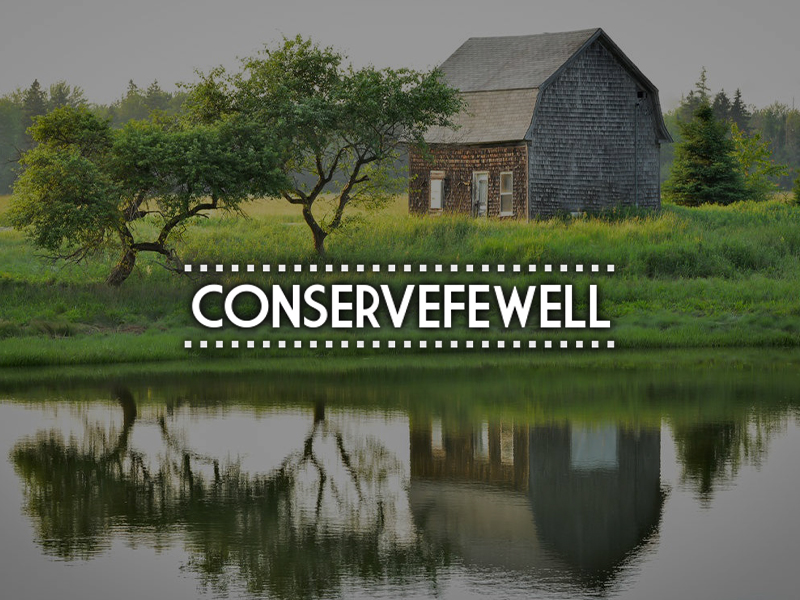By Brent Fewell
In a newly released article, The Heritage Foundation offers the following eight principles for conservation:
- People are the most important, unique, and precious resource.
- Renewable natural resources, are resilient and dynamic and respond positively to wise management.
- Private property protections and free markets provide the most promising new opportunities for environmental improvements.
- Efforts to reduce, control, and remediate pollution should achieve real environmental benefits.
- As we accumulate scientific, technological, and artistic knowledge, we learn how to get more from less.
- Management of natural resources should be conducted on a site- and situation specific basis.
- Science should be employed as one tool to guide public policy.
- The most successful environmental policies emanate from liberty.
These are certainly reasonable principles – and I can even live with “people are the most precious resource” – but I think the underlying article falls well short of its needed mark by simply restating the obvious – that is, that our current laws in many cases not only don’t accomplish what they seek to do, but they can also make the desired outcome more difficult and more costly to reach. Conservatives who care about these matters must do a better job of explaining not only the “whys” but the “hows” – how do conservative principles better achieve conservation ends, while preserving those things that conservatives cherish – liberty, private property and smaller government. Why is conserving natural resources – even though we don’t always appreciate those things as necessarily vital to our continued existence – so important. If we are to truly correct our most pressing problems, a top down approach will fail miserably without the support of organic, bottom up cooperative conservation. As my good friend, Alex Echols, is fond of saying, we need to figure out a better way of transforming endangered species from liabilities into assets. While I’m not reflexively knocking ESA, we can do better through conservative, market-based approaches. These eight principles are a good start.
preserving those things that conservatives cherish – liberty, private property and smaller government. Why is conserving natural resources – even though we don’t always appreciate those things as necessarily vital to our continued existence – so important. If we are to truly correct our most pressing problems, a top down approach will fail miserably without the support of organic, bottom up cooperative conservation. As my good friend, Alex Echols, is fond of saying, we need to figure out a better way of transforming endangered species from liabilities into assets. While I’m not reflexively knocking ESA, we can do better through conservative, market-based approaches. These eight principles are a good start.

